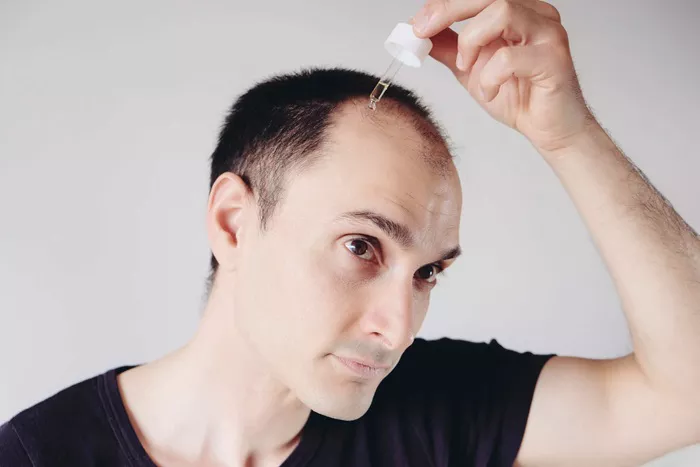Hair loss caused by chemotherapy can be emotionally challenging for many women, often leading to a loss of self-esteem. For some, this distress can even discourage them from continuing with chemotherapy. Oral minoxidil, commonly known as the active ingredient in Rogaine, is a well-known treatment for hair loss. However, because it works by widening blood vessels, there were concerns that it could worsen heart-related side effects during chemotherapy, such as chest pain, shortness of breath, or fluid buildup.
A recent study from NYU Langone Health has shown that low doses of oral minoxidil taken during or after breast cancer treatment may help regrow hair in most women without triggering serious heart problems. The research, which focused on 51 women, found that most participants experienced positive results with minimal side effects.
Of the 51 women, 25 received a combination of surgery, radiation, and chemotherapy, while the other 26 only underwent surgery and radiation. The study followed these patients from 2012 to 2023 and analyzed their use of oral minoxidil for hair loss. The researchers identified women who had taken the medication for more than a month and had data on how well they tolerated it.
Devyn Zaminski, BA, a medical student at NYU Grossman School of Medicine and the study’s co-lead author, explained, “Our results should reassure breast cancer patients that there is a safe way to address their hair loss during treatment.”
The study looked at various factors, including age, race, medical history, and cancer treatment details, alongside medications. Both physician evaluations and patient self-reports indicated that all the women who used low doses of oral minoxidil saw improvements in hair growth or a stabilization of hair loss within three to six months.
Kristen Lo Sicco, MD, co-senior author and associate professor at NYU Grossman School of Medicine, added, “These findings suggest that minoxidil is both safe and effective for breast cancer patients. It may also help restore a sense of normalcy and control in a time when many aspects of their lives are out of their hands.”
While the results are promising, the researchers stress that more studies are needed with larger patient groups, including individuals with other types of cancer or different chemotherapy treatments. They also caution that mild heart-related side effects, such as minor fluid buildup, may have gone unnoticed as they could occur without clear symptoms.
The study’s limitations include the reliance on self-reported data and physician observations, which may not always provide a complete picture of the effects.
In conclusion, this research offers hope for women facing chemotherapy-related hair loss, suggesting that low-dose minoxidil could be a safe and effective solution without significant heart-related risks. However, further studies are necessary to confirm these findings across broader patient populations.
Related Topics:

